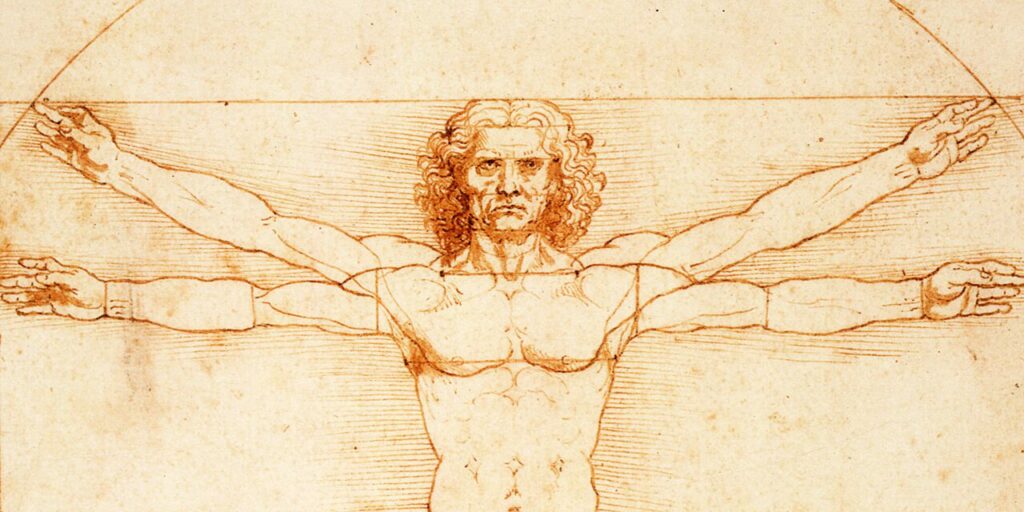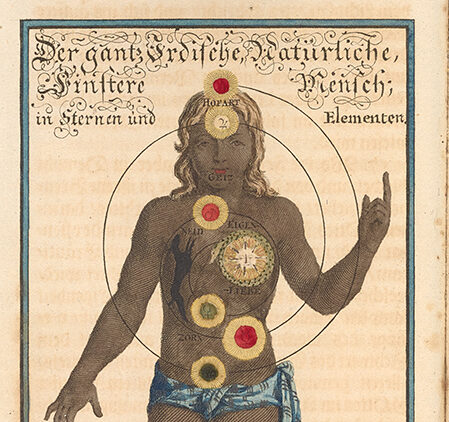The name we gave ourselves, the Wise Humans, or Homo Sapiens, is maybe exaggerated.
Yes, you could argue that we are pretty smart. We have built cars and planes to transport us, houses to keep us warm, rockets to fly us into space, and social systems that support our society. But are we really wise? I would like to make the case that maybe it is time to change our name to Homo Captiosis – or the Smart Humans.
We see ourselves as better than the rest of the animal kingdom, and we’re not afraid to show it (we have called ourselves “Wise Humans”, while just giving random names to the rest of the animals). We are worth more than a cat, a tree, a cow, or a river. We are able to build cars, and they are not. And that directly makes us better than them. They are stupid. They cannot think. Therefore we have the right to exploit them and do with them as we wish.
Because exactly how wise are we? We were given enough knowledge and cognitive capacity to understand and manipulate the world around us, but not enough to know when it’s enough. The respect for nature seems to be gone (although slowly returning). We tend to look at nature not as how it is, but as how it can be useful to us. We don’t look at a tree and just see a tree. We see a couch, we see a fire that keeps us warm, we see a wooden table.
The presence of humans, does it make the Earth better or worse? In other words, do we contribute more good or more evil to the world? You can of course make a case for both, and that is exactly what I’m going to do (it’s not only pessimism today haha).
Well, let me first make a quick note. I believe that most human progress has been made out of the belief that they were making the world a better place (I’m still a bit of an optimist). We have manipulated the world around us in the pursuit of making the world a better place. But making the world a better place did not literally mean making the world a better place. What is often meant was making the world a better place for humans (most of the time for a small group of humans). And that’s where we went wrong.
So that being said, let’s start with the evil side of this process. We have done, and are still doing, horrifying things in the pursuit of “the good”. We conquered land and slaughtered indigenous people. We wanted cotton and got it with the “help” of millions of slaves. We want our meat so we are slaughtering billions of animals every year (more on that in one of my previous blogs “Humanity’s Biggest Crime”). We want to have cheap coffee so we are exploiting coffee farmers on the other side of the globe. We want to have cheap clothes so we have children working in a factory for barely any money to make sure that is possible. We want more and more while the Earth is running out of her resources. We want more for ourselves so we deceive, lie, and manipulate to get what we want.
Alright, enough. There are many things to add. If I want to list all the horrifying things that we have done and are still going on, I don’t think I would finish this week. So how wise could you say that we really are? Given all the bad things we have done, often being well aware that we are doing something bad? Wisdom is related to something else. It is not related to manipulating or declaring wars. We are burning down our own home. And that might be one of the stupidest things you can ever do.
So what is wisdom about? Where does the distinction lie between intelligence and wisdom? Intelligence is the information we have obtained by studying and experience. Wisdom, however, is the capacity to use that knowledge in a reasonable way. With wisdom, you use your knowledge, experience, and common sense to come to a reasonable insight. Wisdom is thus something we can use to act (morally) right given a certain situation and our current knowledge about it.
In what sense have we, Homo Sapiens, made wise decisions doing all these horrible things? Have we done the right thing, given our knowledge and morality? Or have we turned our back on morality and did we pursue what was best for ourselves at the moment?
We have done good things with our intellect as well (it’s not only darkness, thank God). The progress of humankind was for the sake of the good, so if there wasn’t any good to find in the pursuit of the good, we would have missed the target by far. You could argue that we already missed that 100-point target, but we still hit the 50!
We have decreased the death rate of children by developing vaccines. we have lifted a lot of people out of poverty. Practically no people die of hunger anymore (except when politically induced). Most people have the capability to unfold themselves and pursue what they find meaningful. To a certain extent, we have a healthy functioning society where we don’t slaughter each other randomly or run into chaos. We have so much food available that it is easier to die of overeating than to die of hunger. The murder rate has drastically decreased over the years. And although we have messed up the Earth pretty badly already, we are working on technologies and ways of living to make sure we do not mess it up further.
In this case, I could also keep going for a good week summing up all the good things we have done. But still, do they outweigh the bad things? And if not, what is a way to move forward as a species in such a manner that the good we contribute to the world will outweigh the bad? The key to this is implementing wisdom and using it together with our intelligence to overcome problems and make things better. For the world. And therefore, for us.



hi Stan,
would it not be nice if we could make us all wise? we are in urgent need of that, now even more than 2y back when you wrote this.
I have a case to make, where our intelligence and moreover our daily experience, are put in perspective via our scientific knowledge. I’d even claim that its can unite the devine with the mundane, in an understandable way. My hope is that we can step our of this paradime of greed and suppression once an for all.
Love to do this with someone that can and wants bring this about, as well.
Are you?
Best,
NdZJ